
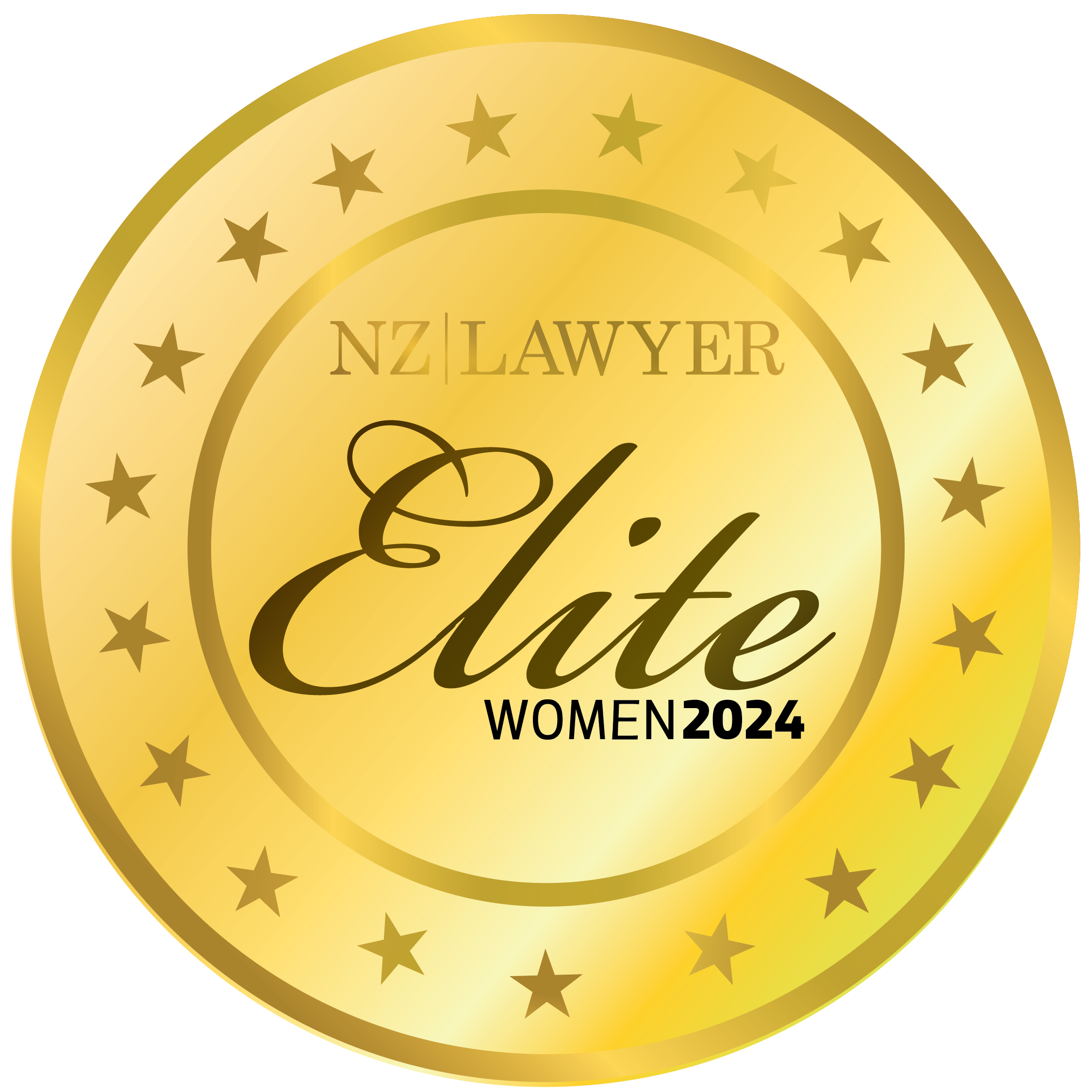
Jump to winners | Jump to methodology
Even in 2024, it remains an uphill challenge to reach the top for female lawyers, despite 55.4% of the profession being women and an even higher 64.2% of lawyers in the first seven years of their career.
Data in the New Zealand Law Society’s Te Kāhui Ture o Aotearoa Gender Equality Charter (GEC) survey revealed that only 34% of female lawyers in New Zealand are equity partners, while women make up just 47% of salary partners and 30% of directors.
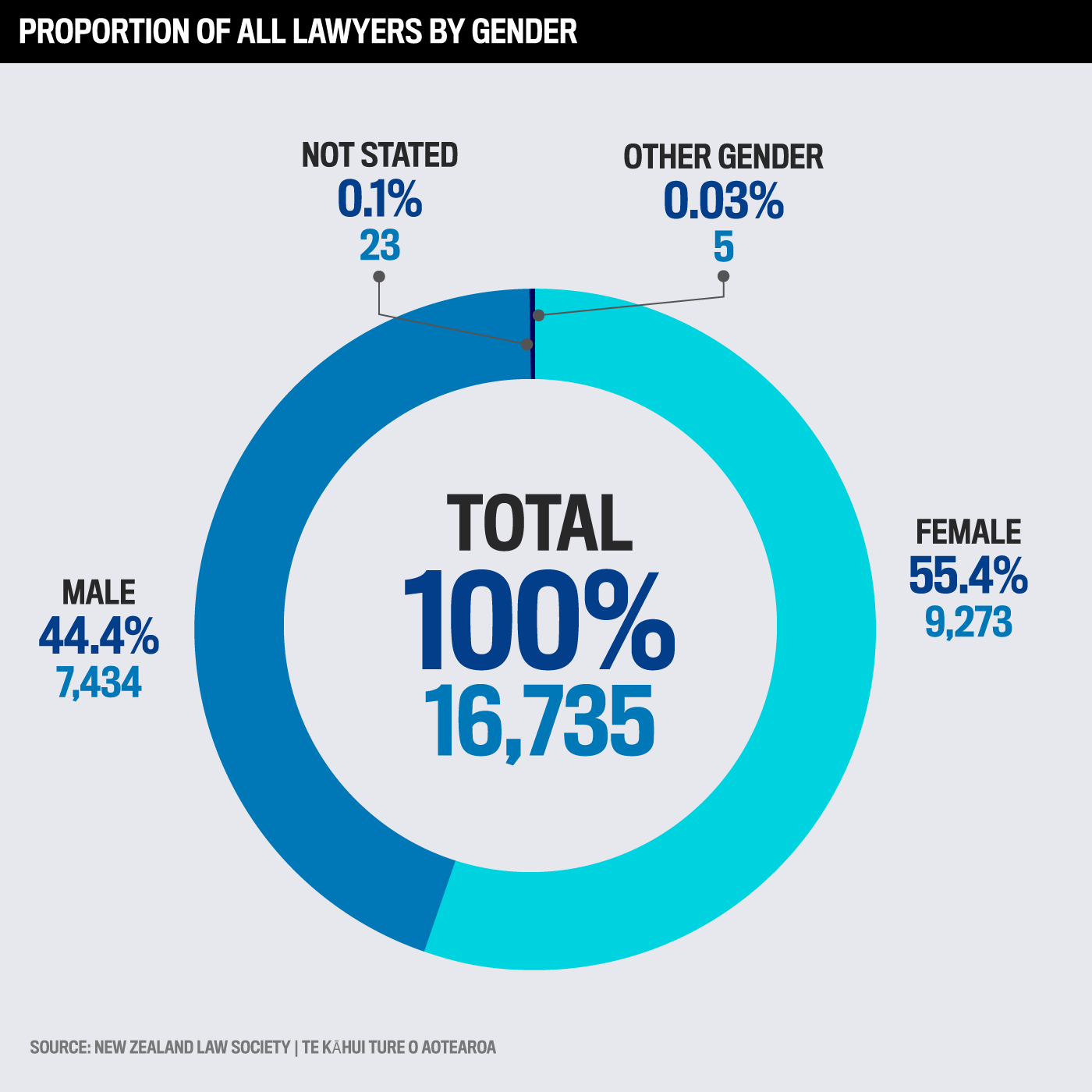
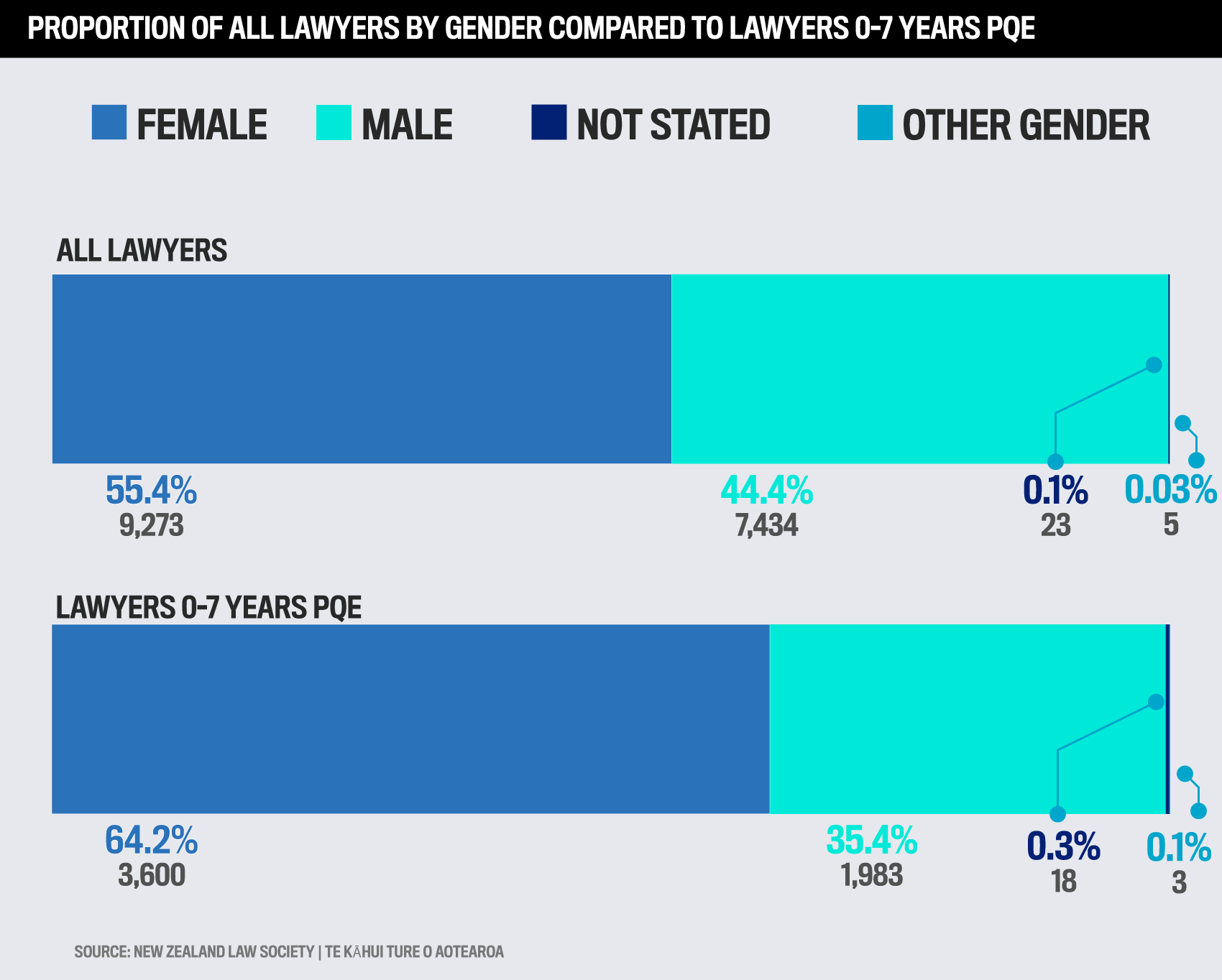
This makes the achievements of NZ Lawyer’s Elite Women of 2024 even more impressive. The prestigious list, the fourth annual, was selected following an invitation to the nation’s legal professionals to nominate exceptional leaders, who have influenced the profession and demonstrated a passion for the law over the past 12 months.
Katie Rusbatch, CEO of the New Zealand Law Society, says, “It’s encouraging to see positive movement in some areas; however, clearly, there is some way to go. Over time, though, we would expect that 55.4% of women in law statistics to flow through to the senior roles. The Law Society maintains that it is important for legal workplaces to take intentional action to address gender equality issues, including showing their public commitment.”
Alongside contending with achieving equality, it’s been a demanding period for all of New Zealand’s lawyers. They have had to confront the rise of generative AI, rampant inflation across the economy and a new government driving legislative change such as making the country more open to overseas investment and tackling anti-competitive oligopolies.
Proving how tough this has been, a study carried out for charity Life Squared Trust by the University of Melbourne’s Centre for Wellbeing Science, surveying almost 800 lawyers and law students and published in March 2024, recorded more than one-third of New Zealand lawyers and law students suffering psychological distress, with 25% of all lawyers ranked in the “severe-to-extreme” category for depression, anxiety and stress.
Despite these challenges, NZL’s Elite Women have prevailed and earned the respect of their colleagues and clients. Four of these top female lawyers shared their personal perspectives and insight on the key themes of balance, resilience, leadership and mentoring.
In 2023, Bell became the first female chair in the firm’s 100-plus-year history, specialising in family law and mediation. Doyle’s Guide recognised her in the preeminent category in the 2024 New Zealand Family & Relationship Property rankings. As a member of the Ally Law network, she contributes to international discussions, enhancing the firm’s global presence. She aims to grow the team to 160 professionals and boost partnerships to 25 by 2027, focusing on diversity.

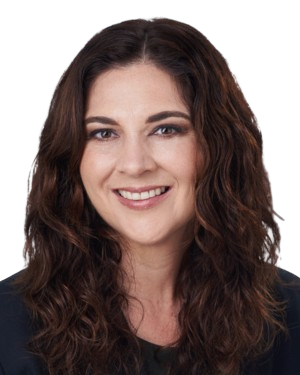
The chair of partners is a property and trust lawyer known as a catalyst for transformation. She has worked on rejuvenation projects with local developers and iwi-led social housing programs. Her expertise in commercial property, leasing, and developments earned her a reputation for excellence. An advocate for positive change, the Tauranga community leader realises her vision by rolling up her sleeves and diving in. Passionate about the next generation of legal leaders, she is well respected as a mentor for young team members.

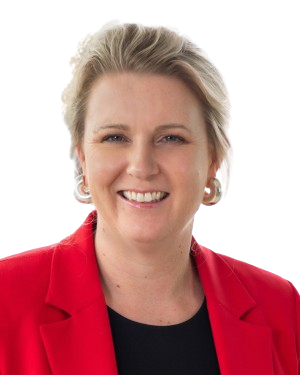
With a dedication reaching beyond the courtroom and Tauranga’s legal community, Hill prioritises mentoring women into leadership and helping young lawyers sharpen their litigation skills. She co-leads the firm’s litigation and local government practice and has been involved in three Supreme Court proceedings over the last year, seeking to define new boundaries regarding Māori rights and interests. Her commitment to championing women extends to her team, which includes four part-time working mothers who the firm supports by offering flexibility for personal and professional success.

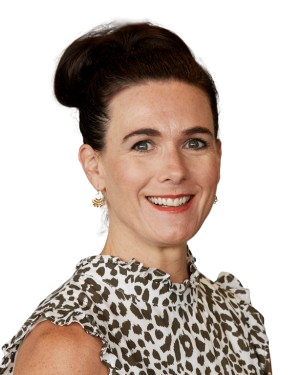
With nearly 23 years of legal experience, Jones heads the firm’s internationally ranked banking and finance practice. Clients, peers, industry groups and professional rating agencies regard her as a legal professional of the highest calibre and integrity. Known for having a work ethic second to none, she brings her extensive expertise to the table, whether it’s advising her clients on financial regulatory compliance matters, entering them into new loan commitments or restructuring existing commitments. She is a frequent speaker at events geared to women in business.


Bell asserts it’s “absolutely possible” to have a rewarding career and a life outside of the law. She accomplishes this by being organised and working remotely or flexible hours at times, which makes incorporating family events, leisure activities and travelling easier.
“It’s important to have boundaries in place to ensure that you make time for having a life,” she says. “There’s no point in working as hard as we do if there’s not some reward for that. We make sure we’ve got some travel and concert plans to look forward to. I lock in time for exercise, and I make sure I’m home to spend time with my stepdaughter before she’s off to bed.”
Courtney acknowledges that while she relishes the concept of work-life balance, it’s a constant battle to achieve. She’s made a concerted effort over the past five years to set boundaries and carve out time, including 5 a.m. wake-up calls for the gym.
Relying on her support crew, which includes her husband, family and team at the office, keeps that balance in check.
“It goes against everything you teach yourself when you’re building your career because you want to be that ‘yes’ person,” she says. “Sometimes, you get to a point where always saying yes is actually to your detriment. It is important to get the balance right.”
Hill made some strategic decisions over 20 years ago to find a compromise between her work and personal life, including moving out of Auckland to Mount Maunganui, a coastal town in the Bay Plenty region, where she lives by the beach and enjoys a daily yoga practice.
“That was quite intentional because I knew I wanted to have a family, and I couldn’t fathom having that balance in a much larger city,” she says. “Over the years, my husband and I have shared parenting responsibilities, with my husband currently undertaking a more flexible consulting role from home to be available for our two teenage boys.”
Jones regards work-life balance as more work-life integration. She strives to find harmony between her professional responsibilities and personal life by planning the week ahead and focusing on her personal journey.
“One of the most important things is trying not to bring work home with you because that allows you to switch off and fully engage in your personal life,” she says. “Self-care is crucial to our long-term resilience, and I always think about Air New Zealand’s pre-flight presentation about putting the oxygen mask on yourself first before you can help another.”
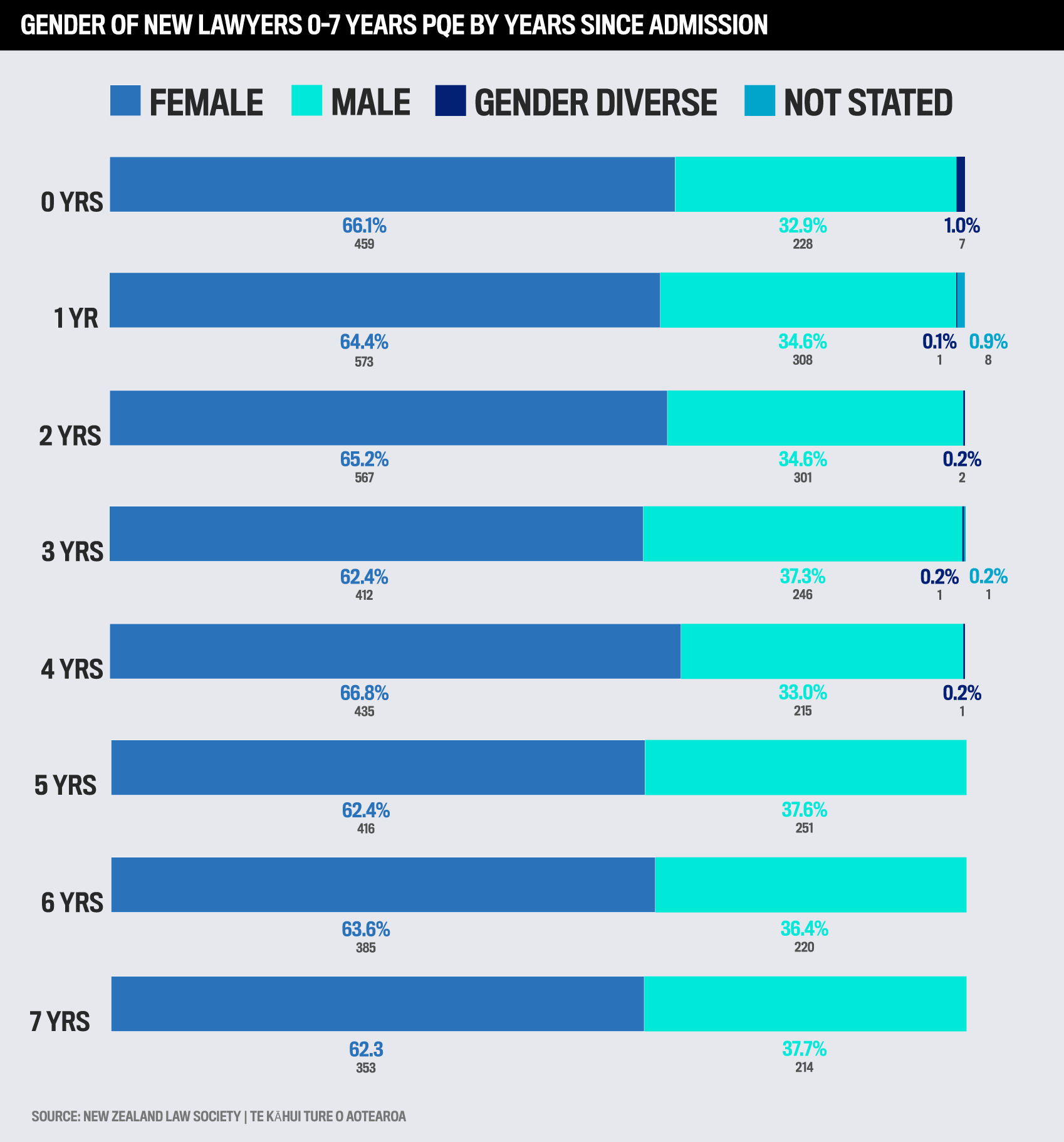
Bell is passionate about access to justice. This endeavour underpins much of her pro bono work, particularly for low-income individuals. She offers legal aid for family law matters, is a duty lawyer and has her team provide free initial advice at the North Shore Women's Centre.
She is co-convenor of the Law Association Family Law committee and is on the Family Courts Association committee, performing advocacy and educating the profession and the public through those roles. In addition, she is the president of Zonta Auckland, which is part of an international service and advocacy group dedicated to empowering women and promoting gender equality.
“On the access to justice side, I’ve ensured that we, as a firm, are committed to offering legal aid, which is unusual for a firm to be doing,” she says. “It’s important, and my partners are very supportive.”
Courtney’s desire to give back was instilled by her parents. Her father, a builder, and her mother, a volunteer at the “op shop” thrift store, always gave their time to various causes. Volunteering and giving back to the community were a part of her childhood.
She has served as a trustee of numerous charities and in various volunteer roles, including four years as president of the Property Council in the Bay of Plenty, and is vice chair of Downtown Tauranga, which is on a mission to revitalise Tauranga city. Her firm has a 128-year-long history of community involvement and pro bono work, with Courtney specifically helping to set up charitable trusts.
“Giving has always been part of my upbringing, and I was a recipient of a scholarship in my teenage years from Zonta to do an offshore exchange,” she says. “I ended up joining Zonta and became president of the Tauranga Club, and, as a result of receiving the benefits of those organisations as a young person, I wanted to give back to them when I was in a position to do so.”
Hill’s most enjoyable experience has been volunteering to serve breakfasts to children at a local, low-decile primary school. She enjoyed chatting with them about what it’s like to be a lawyer, that it’s a rewarding career path, and reminding them that she, too, went to a local public school.
Her firm has a strong commitment to a Dragons’ Den-like program facilitated regionally by an organisation called Enterprise Angels. This locally based initiative invites pitches from start-ups seeking capital, offers support to aspiring entrepreneurs, and the firm has been a strong supporter and sponsor over many years.
“There’s been some awesome ideas that have gone on to be very successful, such as Rockit™ apples, the tiny, bite-sized apples that come in a tube,” she says. “That’s a Hawke’s Bay business that started from zero in 2013 and is now in the $100 million-plus exporter club.”
Jones is proud of her firm’s support of low-decile schools and the next generation of lawyers. Two ways they do this are by inviting university students to job shadow partners or senior associates to get a feel for a career in law. The firm also sponsors the Great Potentials Foundation, which includes partnering with the charity to host workshops and run other initiatives for high school and university students considering a legal career.
She devotes time to giving back to her profession, sharing her experience of setting up a thriving banking and finance practice and team at women’s business events, law schools and law club associations.
“One of the ways that I can give back is with my time,” she says. “Sharing my journey and hopefully inspiring young leaders to find their own career path.”
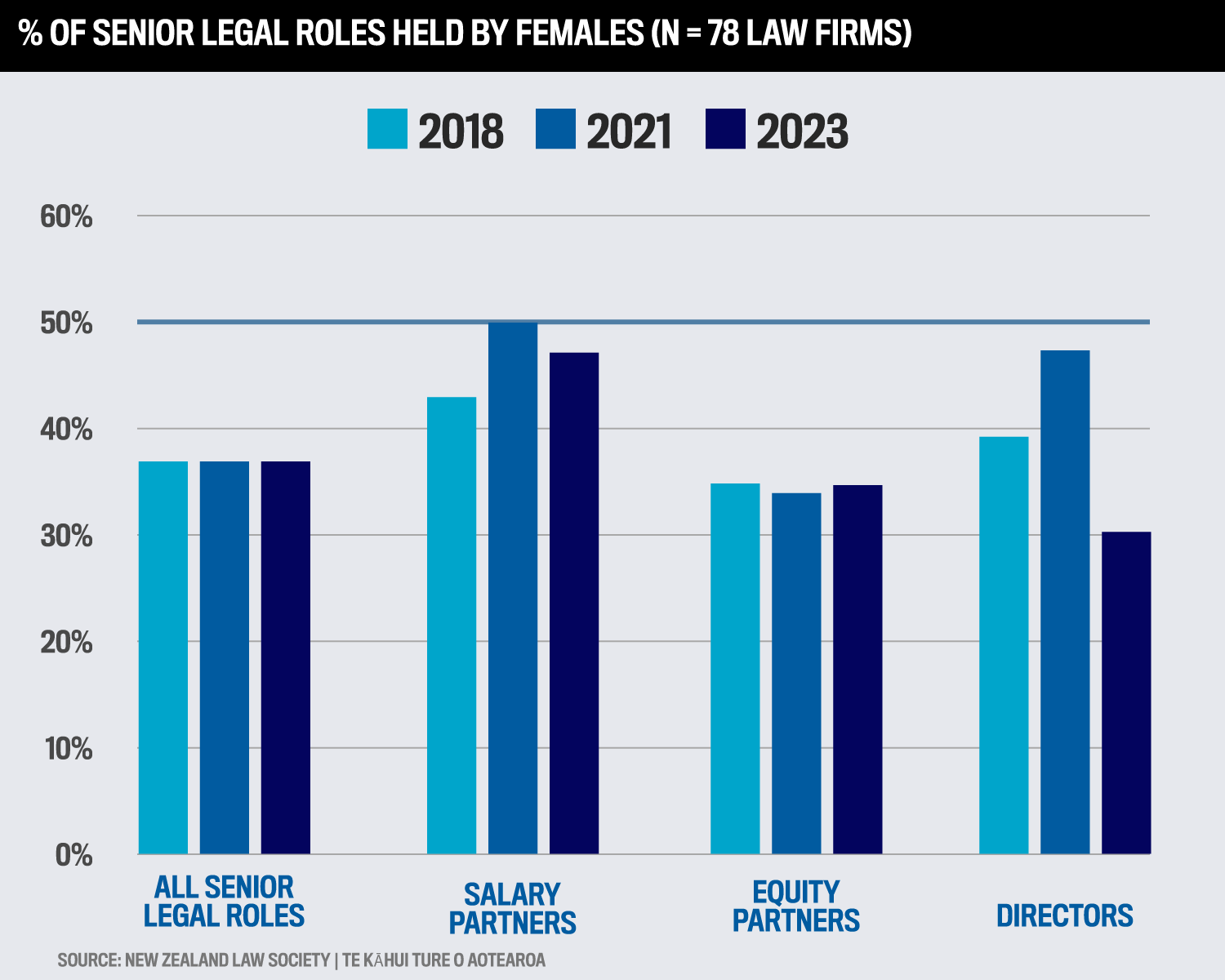
During her last year of high school, Bell was involved in a car accident in which the other driver attempted to blame her. She enlisted her physics teacher to help prove her innocence, which they argued successfully in small claims court.
That experience was a turning point for Bell, who changed her intention from pursuing a medical career to following a legal path.
“I saw the importance of advocacy and how it can make a real difference to the outcome,” she says.
Throughout her legal career, she has focused on addressing the needs of underserved communities, including serving on the boards of North Harbour Living Without Violence and the Scout Association of New Zealand.
She also uses her legal skills to advocate for others facing health challenges, emphasising the importance of early intervention as she has gone through various health concerns.
Courtney landed her first job at a firm when she was 22. As a fresh-faced young lawyer working in the commercial property development space, she dealt with a mainly older male clientele.
“I think there was a perception when I walked into the room that I was a secretary or the person bringing the coffee,” she says. “That drove me to work even harder, making me a better lawyer and advocate.”
She is passionate about female representation at the top levels and supports all young lawyers in being confident of their value as they advance to the next career step through coaching.
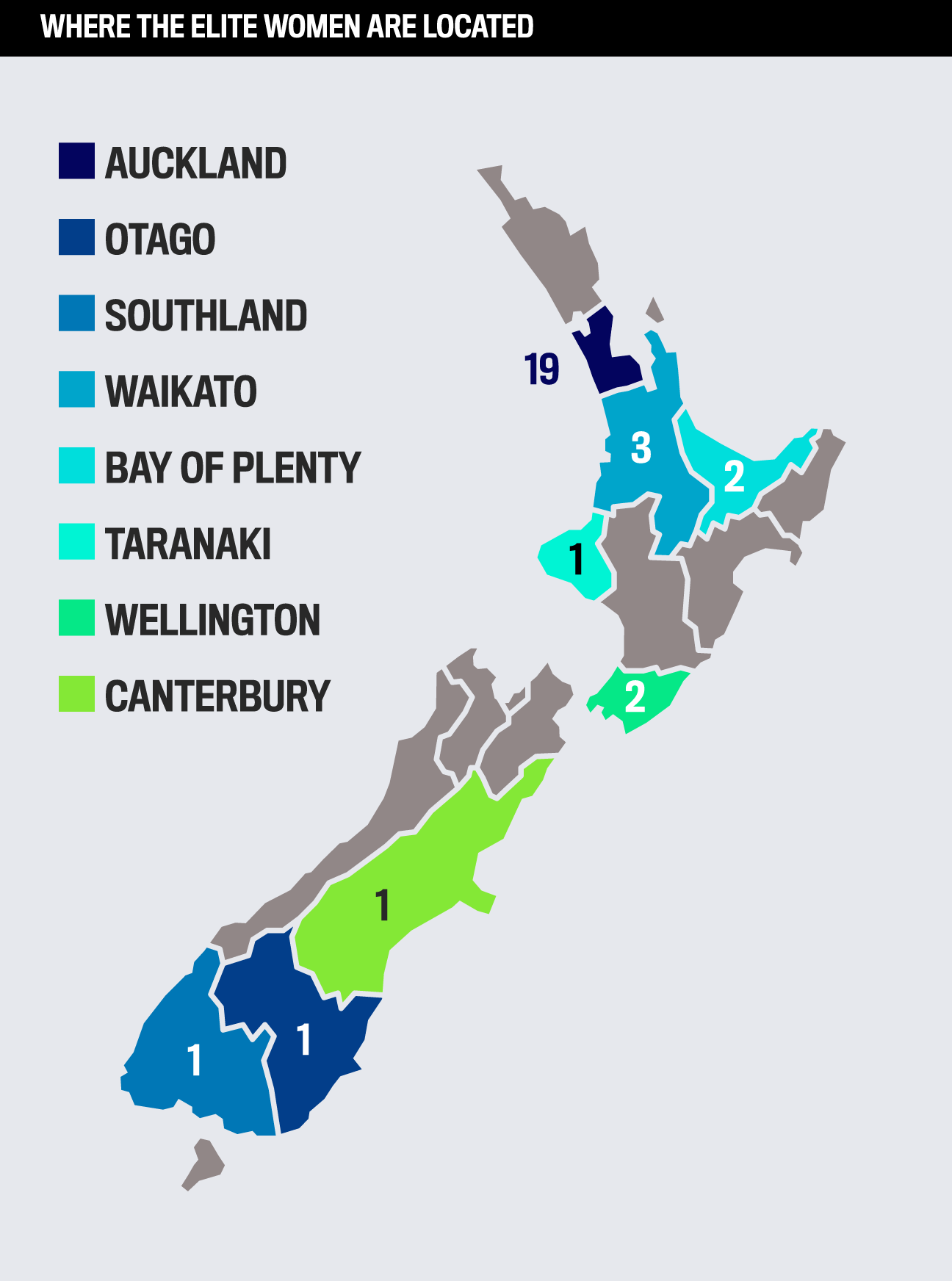
For Hill, going through in vitro fertilisation (IVF) to conceive her sons highlighted a situation for the first time where working harder or better didn’t influence an outcome. Although her IVF treatment was ultimately successful, after one of her IVF procedures was mishandled, she leveraged her legal skills to get the cycle funded again.
“I managed to get this good outcome, but I thought there must be lots of people who didn’t,” she says. “So, a friend and I set up a local support group and started to advocate for other women who have had similar situations. Seeing the women now with these beautiful grown-up families reminds me that we can use our skills for good in the community.”
Every challenge in her career journey has been a steppingstone to success for Jones. She has felt uncomfortable, at times, working in her specialist area of banking and finance, traditionally male-dominated.
“I’ve learned to overcome those issues and be confident with my skills, which speaks to resilience and not taking obstacles personally,” she says.
After emigrating to New Zealand with her family in the early 1990s, Jones struggled to fit in. But that early experience imparted valuable lessons about adapting. Her nonlinear career path has also stoked her perseverance. She changed her specialisation from corporate and tax law midway through her legal career and has spent time in-house before returning to Lane Neave to launch its banking and finance practice.
An early mentor from Bell’s first job remains an important influence in her life, and she pays that forward by mentoring others within her firm and the wider profession.
“It takes courage to ask someone to mentor you, so I’ll be there to assist them in any way I can,” she says. “There’s no limit to how many people can be successful, so celebrating those successes and encouraging them is important, not just for career and material success, but success in balancing work and life.”
An ardent mentor, Courtney guides young lawyers in her firm’s formal graduate program. Her firm has also established a $10,000 scholarship to help young people pursue a legal education, which includes an internship at the firm.
“There are some incredibly talented young people in our region, and we are passionate about growing the next generation of lawyers starting at high school,” she says.
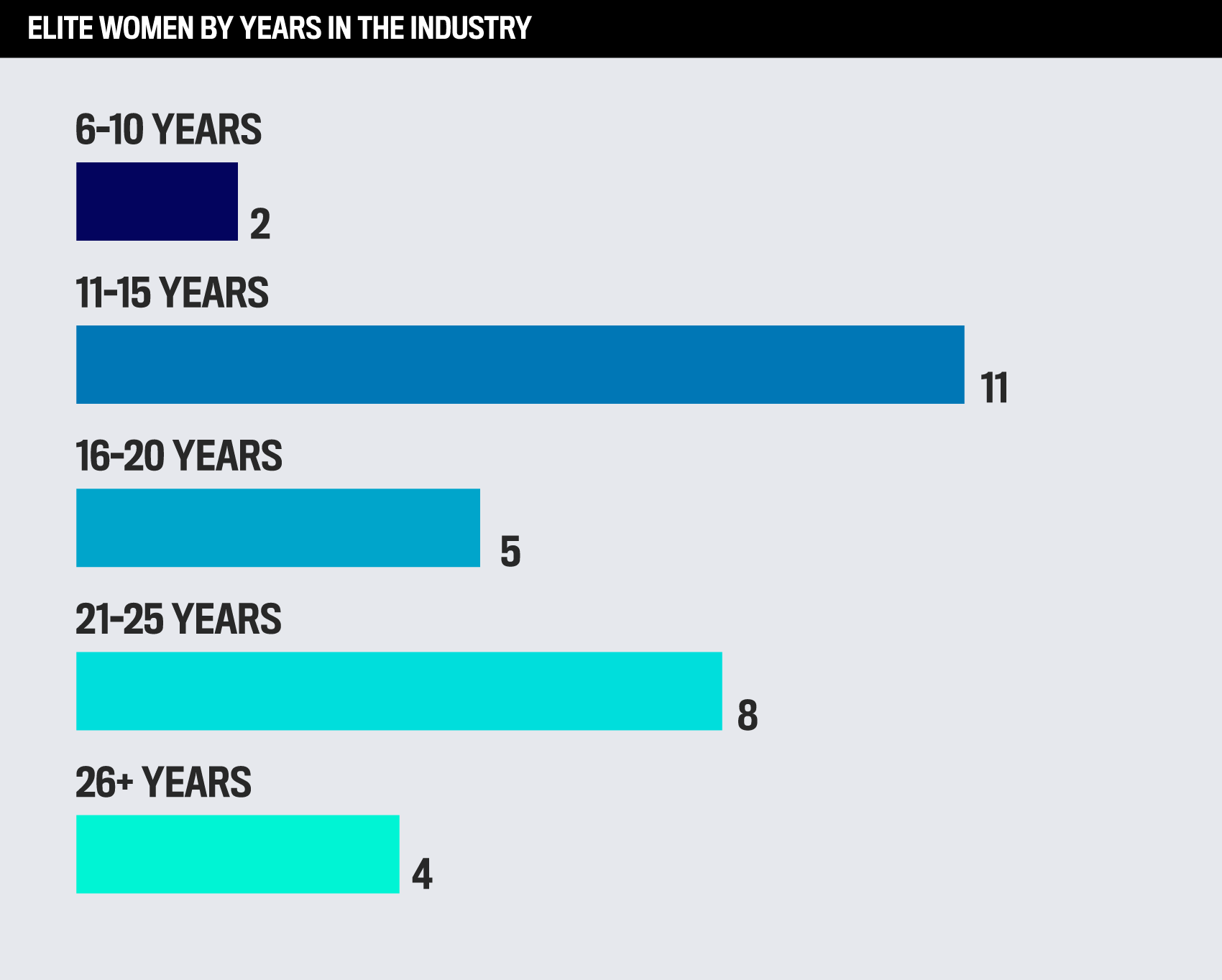
Hill devotes much time to mentoring others formally and informally, with two such relationships continuing for over a decade. As a faculty member of the New Zealand Law Society’s litigation skills program for seven years, she has been instructing young lawyers in the one-week program to enhance their capabilities.
“I was asked to do this by a participant who had attended the course and received feedback that she wasn’t aggressive enough in her approach. She was aware of other female participants effectively being encouraged to be more like men rather than taking a more authentic approach,” she says. “I thought, ‘Right, we need to go down and have another look at how women are being taught to be litigators’.”
Jones imparts the wisdom she’s gained over her career through numerous speaking engagements and industry association involvement, and more informally, by walking and talking with peers over a coffee.
She also attends a regular ladies’ lunch with a group of established senior female lawyers. This offers a helpful space to discuss career issues and current events related to the practice areas.
“Women need to celebrate successes more and champion each other’s careers better,” Jones says. “We need to move away from thinking that we are competing against each other and strive to elevate each other, which, as a whole, would actually better the legal profession.”
In July, NZ Lawyer invited legal professionals from across the country to nominate exceptional female leaders for the fourth annual Elite Women list. Nominees had to be working in a role related to the legal profession, have influenced the profession in a way that demonstrated a passion for the law and have never been recognised on the Elite Women list.
Nominators were asked to provide details of their nominee’s achievements and initiatives over the past 12 months, including specific examples of their professional accomplishments and contributions to the industry as a whole.
To narrow down the list to the final 30 Elite Women, the NZL team reviewed all nominations, examining each individual’s meaningful contribution to the profession.